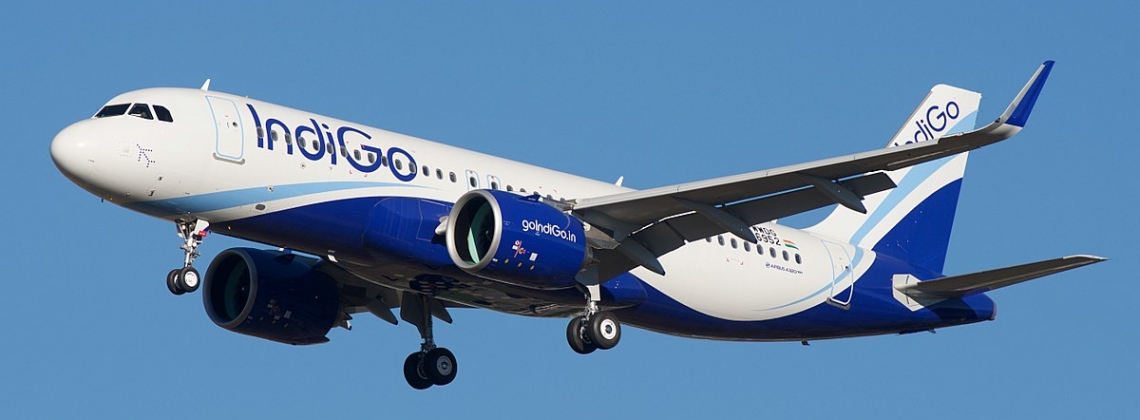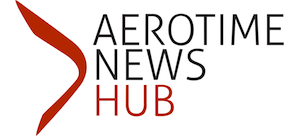IndiGo CEO quits, leaves India’s largest carrier fend for itself

IndiGo Airlines parent, InterGlobe Aviation, announced on April 27, 2018, that the company’s president and whole-time director, Aditya Ghosh, is stepping down. While the board considers his replacement, Rahul Bhatia, the company’s founder and director, took over as interim CEO. But after going through several tumultuous months, topped with Ghosh’s exit, the airline faces more than just a change in executive positions.
After a decade in the position, Ghosh abruptly resigned from the position of InterGlobe Aviation’s president and director before a board meeting on April 27, 2018. In a statement by IndiGo on the same day, the airline said Ghosh resigned as director of InterGlobe Aviation effective April 26, 2018, and will step down as president of IndiGo from July 31, 2018.
IndiGo, India’s largest airline, was founded by Bhatia of InterGlobe Enterprises, who will continue as director of the company while also acting as IndiGo’s interim CEO. The low-cost carrier began operations in August 2006. After working with InterGlobe Aviation as its lawyer, Ghosh was inducted by Bhatia himself in 2007 and then promoted as the company’s CEO a year later, Quartz India notes.
Within the decade under Ghosh’s leadership, IndiGo became the largest and most successful airline in India with billion-dollar worth aircraft orders and a market share of 39.5% as of March, 2018. In January 2018, InterGlobe Aviation reported its third quarter fiscal year 2018 results, demonstrating a net profit of $114.8 million, up by 56% from the same period a year ago.
However, IndiGo faced a few bumps in the road since then. Prior to Ghosh’s unexpected resignation, the airline took the biggest hit when it had to ground some if its Airbus A320neo planes due to issues with their the Pratt and Whitney turbofan engines, which led to around 900 flight cancellations in March 2018.
The carrier’s image is already damaged somewhat since its legal battle with the Delhi International Airport (DEL) began in November 2017, over a terminal shift. The airline lost the case in February, 2018, when India’s Supreme Court rejected IndiGo’s plea against High Court’s order to shift its operations partially from Terminal 1 to Terminal 2, Times of India reported.
Another major headline – IndiGo was also the first to jump in the race of suitors interested in buying out the struggling national carrier Air India. But in April 2018, the carrier announced it is backing down on its plans, which were particularly focused at acquiring Air India’s international operations and Air India Express, citing unsatisfactory conditions from the government.
As unexpected as Ghosh’s exit may have been, it also seems to be unanimous and amicable. “For the last ten years, it has been a relentless, exhilarating and a most satisfying task building IndiGo. It is now time for me to step off the treadmill and sometime in the near future embark on my next adventure,” the now former IndiGo chief stated in the board’s announcement, adding that, “I wish all my colleagues at IndiGo the very best as they move on to the next phase of growth.”
Interglobe Aviation’s board already floated the idea of passing Ghosh’s position onto Gregory Taylor, who already held a previous position at IndiGo as the Executive Vice President of Revenue Management and Network Planning and is now appointed as senior advisor to the company. Prior to that, he also had various senior management roles at United Airlines and US Airways. Although the future CEO of the company will be announced in the coming months, Ghosh’s resignation as the airline’s president raises questions about IndiGo’s future and its image.
Source – AeroTime

